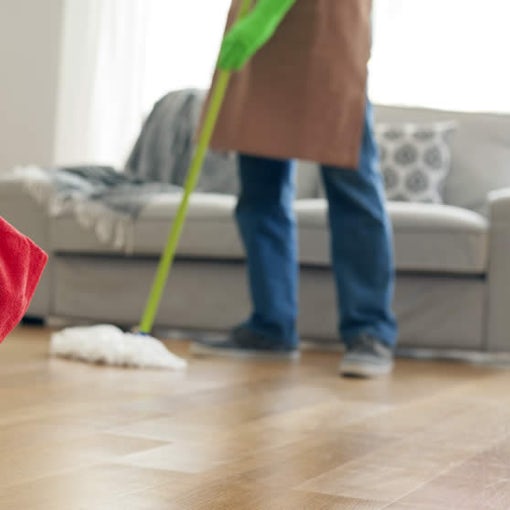A new law is about to come into force that will give tenants the power to take criminal landlords to court if their homes are in a dangerous and unacceptable condition.
The Homes Bill will come into force on March 20 – and there are some important points that you need to know if you rent in Liverpool.
This major change to renting law will help tenants renting properties in a terrible condition – and hopefully stamp out rogue landlords renting unlivable homes.
Under the current laws tenants have to contact their local authority for help – but only a small number of renters who report disrepair can actually expect change.
The new law apply to tenants in the private rental sector as well as those living in social housing – meaning it could apply to huge numbers of residents in Liverpool.
Nina Patel is head of housing at Broudie Jackson Canter Solicitors and she represents tenants all across Merseyside.
She said: “Many of our clients come to us as a last resort, because they are living in uninhabitable properties that their landlords refuse to improve or repair – despite repeated requests.
“This is unacceptable, but sadly the law in the area has been rather vague and often left tenants in a vulnerable position without many avenues of recourse.
“The introduction of the Homes Bill is very welcome and long overdue – it has the potential to really empower tenants and provide them with a clear and direct course of action, should they find themselves in a situation where the property they are renting is judged to be uninhabitable.”
We asked Nina to explain what the new Homes Bill really means for tenants and landlords.
All housing must be fit for human habitation
Under the Homes (Fitness for Human Habitation) Bill all landlords must ensure that their property is fit for human habitation at the beginning and throughout the tenancy.
Labour MP Karen Buck, who put the bill together, has said the bill will protect the most vulnerable tenants.
She said: “Living in a cold, damp, or unsafe home is hell. It damages people’s physical and mental well-being. “It erodes the income of the poorest households. It impacts on children’s education.
“The most vulnerable tenants are those most at risk of being trapped in sub-standard accommodation and they are often least able to withstand the damage such conditions do.”
Every property must be free from hazards
Landlords must ensure that their property is free from hazards which pose a risk to the health and safety of the tenant or any other occupiers at the property.
The list of hazards covered by the law include:
· Exposed wiring or overloaded electrical sockets
· Dangerous or broken boiler
· Bedrooms that are very cold
· Leaking roof
· Mould on the walls or ceiling
· Rats or other pest or vermin infestation
· Broken steps at the top of the stairs
· Lack of security due to badly-fitting external doors or problems with locks
The power to take your landlord to court
In the case where the property contains one or more of these hazards, the tenant can take their landlord to court on Legal Aid – which is key for tenants who may not be able to afford to pay for a solicitor to represent them privately.
Who does it affect?
The bill will only apply to tenancies that start after March 20, so any tenancy entered into before that date will not be covered by the legislation initially even if the actual occupation begins after March 20.
Forcing landlords to fix problems – and pay compensation
The result of tenants’ legal action could be a court order requiring the landlord to take action to reduce or remove the hazard.
Any legal action could also see landlords forced to pay damages to compensate the tenant for the harm caused.








